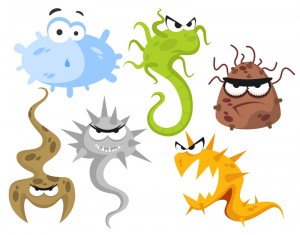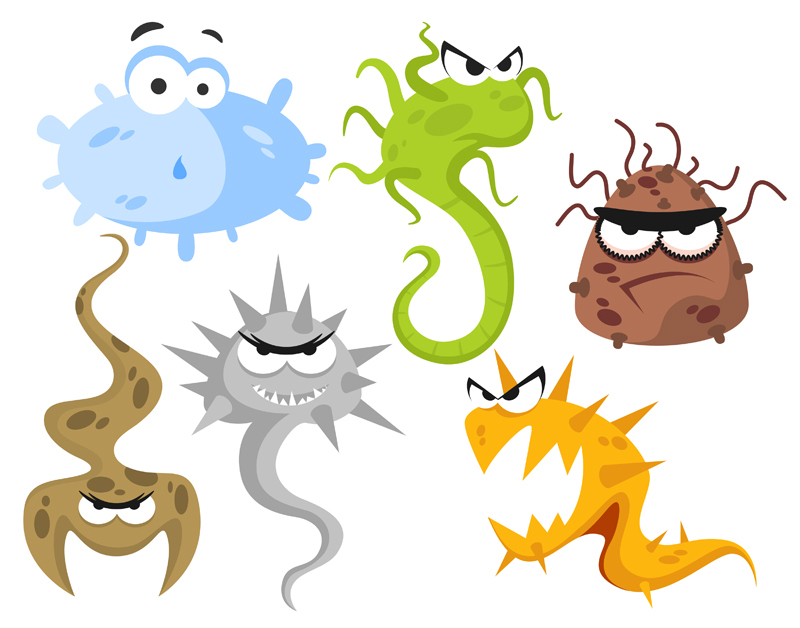 The use of cartoons to explain hepatitis B serology may aid in the improvement of interpretation knowledge and disease understanding, according to the results of a study led by Australian researchers and recently published in the BMC Medical Education journal. The study analyzed the effectiveness of cartoons as a teaching tool, and revealed significant improvements in healthcare professionals’ immediate knowledge, even though the researchers believe more research on the long term impact is needed.
The use of cartoons to explain hepatitis B serology may aid in the improvement of interpretation knowledge and disease understanding, according to the results of a study led by Australian researchers and recently published in the BMC Medical Education journal. The study analyzed the effectiveness of cartoons as a teaching tool, and revealed significant improvements in healthcare professionals’ immediate knowledge, even though the researchers believe more research on the long term impact is needed.
In order to assess the effectiveness of the teaching tool, investigators conducted a retrospective analysis using both pre and post online test results based on the duality between the complexity of the hepatitis B serology and simple cartoons. The tests were conducted by healthcare professionals, including medical practitioners, nurses and students, who used it as part of an online learning program.
The research demonstrated an average improvement of 96% in the test concerning hepatitis B serology after using an online cartoon-based learning tool. In addition to the positive results, which support the effectiveness of the online tool, the researchers noted that the cartoons helped the participants retain information, especially in relation to the assessment of implications of serology in case studies. 94% of the healthcare professionals also assessed it as useful.
“Hepatitis B serology is complex and a lack of knowledge in interpretation contributes to the inadequate levels of screening and referral for highly effective hepatitis antiviral treatments,” explained the authors on the published paper on the reasons for the study. “This knowledge gap needs to be addressed so that current and future healthcare professionals are more confident in the detection and assessment of hepatitis B to improve the uptake of treatment and reduce long-term complications from the disease.”
“Cartoons have been used effectively as a teaching tool in other settings and were considered as a potentially useful teaching aid in explaining hepatitis B serology. This study examines the impact of cartoons in improving healthcare professionals’ knowledge,” added the investigators, who were led by Moira G. Sim, head of the School of Medical Sciences and director of Systems and Intervention Research Center for Health, at the Edith Cowan University, as well as a clinical associate professor at the University of Western Australia and a general practitioner in Dianella, Western Australia.
Despite the encouraging conclusions of the study, and even though they believe cartoons can be useful and helpful, further research is required to measure its long term impact.

